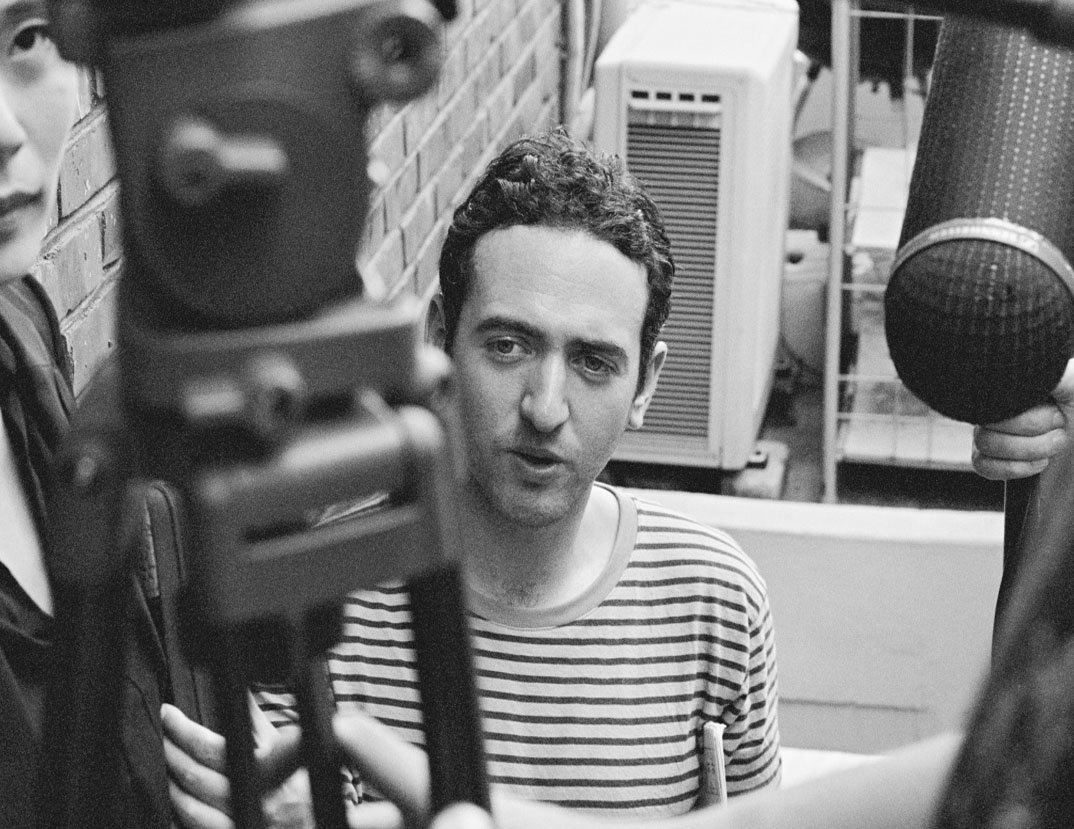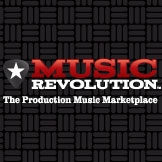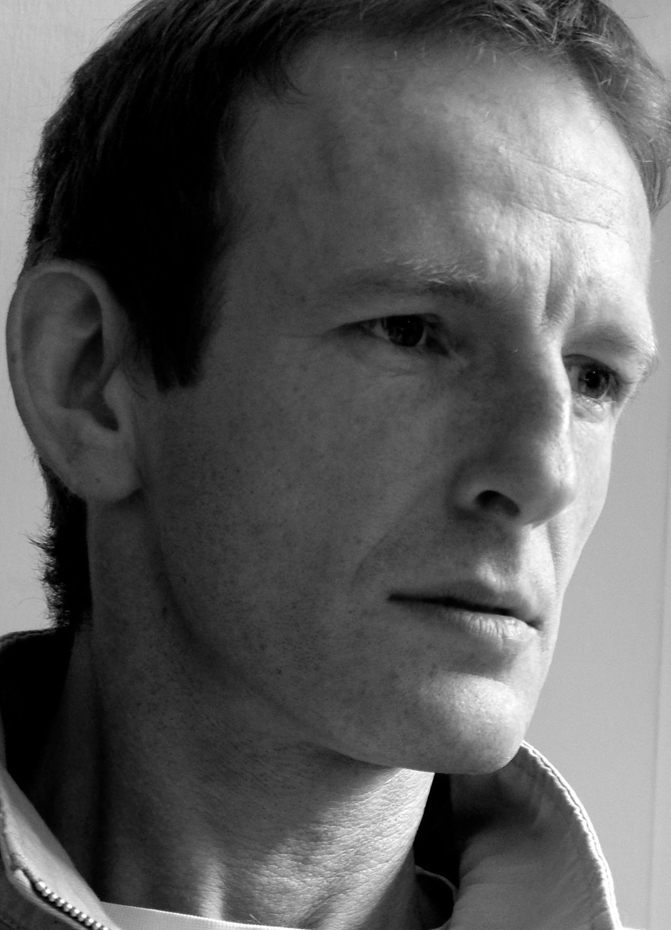ASK & DISCUSS
INDEXUsing copyrighted music on non commercial project....
11 years, 1 month ago - Brian McGleenon
For a short film, can i get an exemption under the fair-use policy?
Only members can post or respond to topics. LOGIN
Not a member of SP? JOIN or FIND OUT MORE
11 years, 1 month ago - Paddy Robinson-Griffin
No. Or assume 'No', at least, and it'll stop you going too far wrong.
11 years, 1 month ago - John Lubran
Thanks for that reference Kays. It pretty much restates what I've been asserting. It also restates that there are some grey lines determining what is or is not fair use. Only a jury on a case by case context can be the ultimate arbiter of that, not the 'government'.
I really wish that people would not be acquiescent to whatever 'the government' says is the truth about just about anything (see Orwell's 1984 for a reference)
But it really is very simple. Copyright property can not be used without the agreement of the owner accept for very limited purposes. With regard to sync audio within a factual programme it means that any sound or image that is incidental to a legitimate event forming a part of the programme is fair use providing that the image or audio remain together, apart from brief parallel action cut aways and split audio edits. The other limitation being that the fair use does not extend beyond what is a reasonable length or to unwarrentedly repeated start cues.
With regard to Kays last question, "would it be ok for me to use some of the footage from your film for my own non-commercial work without asking you for permission?" It depends on the exact nature of the project but if it met the conditions of fir use as I've described above, then the answer is it would be OK.
11 years ago - John Lubran
The issue here is not one of subjective morality or even of personal opinion. I think it has been iterated and reiterated in this discussion that other people’s intellectual property cannot be used without their agreement, with the exception of very specific circumstances which have been repeatedly explained within this conversation. Spurious legal arguments, no matter how grand the asserted source, just won’t do. The ‘fair use’ terms used in the USA and commonly in UK arguments too, derive from the same English Common Law constitutional rights that even US Law depends upon and as is most supremely articulated in the wholly intact, un-repealed and un-amended 1688 Declaration of Rights and its mirrored statute the 1689 Bill of Rights. Those Constitutional Instruments reaffirmed forever the supremacy of those common and natural rights that had been established up until that revolution. (1688 Glorious Revolution) It’s no good trying to argue spurious parliamentary assertions to the contrary and I can assure readers here that the Bill if Rights is asserted regularly at every level of judicial argument and that its absolute unassailability usually puts an abrupt end to proceedings. Parliamentary white papers or attempted legislation through mere Acts or statues can never alter the supremacy of these Constitutional Instruments. (Some readers will have noticed a repeating theme here. This is a vital issue, whether realised or not .)
Without going into the minuté of how this supreme constitutional law affects this issue, since it would otherwise make this lengthy reply intolerably longer, the issue can very roughly be put into the category of freedom of speech. So that for example if a film maker is presenting a factual programme, whether it be a simple news item or a feature documentary, absolutely no one can prevent its presentation on the grounds that some item of intellectual property , of any sort whatsoever, has manifested within that film without the agreement of its owner.
But just to reiterate as clearly as possible, the said intellectual property can only appear or be heard if its manifestation occurs incidentally to a circumstance of factual reality pertinent to the subject and can only be used within a real time synchronisation with that event; e.g. the latest hot property such as a hit tune that happens to be audible in the back ground of such an event or any logo or visual design that happens to be present is free to include without a by your leave from anyone and withstanding the gutless risk aversion of some ignorant producers and distributors. As I have repeatedly and exhaustively asserted however, if such an inclusion in a presentation can be deemed to be unreasonably exploitative by a jury, and by no one else, then that assertion of ‘fair use’ fails and penalties would apply. Common sense and Common Law should always be applied.
The moral argument for such ‘fair use’ is that it is in the public interest that unreasonable censorship by rights owners should not interfere with the dissemination of factual truth. If it were possible for rights owners to do so then news and documentary might be compromised to the detriment of society.
I don’t, and never have, championed the theft of intellectual copyright in any other context.
11 years, 1 month ago - Stuart Wright
I use Creative Commons stuff. Takes the worry out of the process. Just a tough job finding something suitable :)
11 years, 1 month ago - John Lubran
Using other peoples music or any Intellectual Property in any non factual film will never be free to use under fair-use, and even within a factual context can only be fair-use when relevant as incidental sync sound according to well established limits. However if you are making a demo purely for pilot testing without any form of general distribution then you are pretty much free to use anything so long as Common Law definitions of what is 'REASONABLE' are adhered to. For general guidance on that use Common Sense.
11 years, 1 month ago - Chris Cardell
With copyrighted music, you always need to obtain the rights for use regardless of how you will use the music. If budget is a concern, at MusicRevolution.com we have a collection of music that is free to use for commericial and non-commercial applications -- http://www.musicrevolution.com/free_production_music/
I hope this helps.
Regards,
Chris
11 years, 1 month ago - Dan Selakovich
No. Fair use deals with educational material (like a documentary, and even that can be sticky).
11 years ago - Daniel Cormack
There is 'fair dealing' in the UK, which basically relates to using excerpts of a piece for review, criticism or news.
You're better off licensing it.
11 years, 1 month ago - Marlom Tander
Where will it be used?
Even you are covered by an exemption that might not help re people actually seeing it outside a film fest.
I had a YouTube vid pulled for copyright infringement simply because someone decided to play Bob Dylan through the PA system at the climbing wall, where i was filming a climbing demo.
Were they interested in hearing that it was textbook incidental recording? Like hell they were. Computer says infringement therefore case closed.
11 years, 1 month ago - Peter Ward
Got a good lawyer to defend your fair use claim in court? Even if you are using it within your rights, doesn't stop you getting sued.
11 years, 1 month ago - Kays Alatrakchi
I really wish that before people invoked "fair use" they would actually know what those words mean and exactly how it applies. Read this first, and it will answer your question:
http://www.copyright.gov/fls/fl102.html
Secondly, ask yourself this...would it be ok for me to use some of the footage from your film for my own non-commercial work without asking you for permission?
11 years, 1 month ago - John Lubran
I'd disagree with Chris. Copyright music when it's sync audio incidental to a factual event is lawfully usable if not arguably exploited beyond a definition of reasonable that can only be ultimately determined by a jury, should it come to that.
However as Marlom points out, there's a lot of 'little Hitlers' about who are both gutless and overbearing in their ignorance. Also You Tube feel they must be extra gutless because they operate in countries that operate some very strange systems of legislation that they may call law. So there's the Law and then there's the powers of individuals and organisations who are a law unto themselves, doesn't mean they can enforce their rules beyond their own presumptions though. If the distributor says you can't use sync audio in fair-use, well it's their business, just don't confuse it with Law.
11 years ago - Marlom Tander
Really? Uk Copyright Office begs to differ, and certainly my use would have fallen under incidental
http://www.copyrightservice.co.uk/copyright/p09_fair_use
11 years, 1 month ago - John Lubran
If you don't push the envelope you may get threatened but won't get sued. They know brow beating costs nothing and might win a spurious assertion without a fight. MCPS is a good example of that sort of nonsense. Brow beat back! It's not really rocket science but people have been conditioned to be constitutional illiterates by a cartel of Latin speaking monopolists and their mostly unlawful procedures. (not illegal, just unlawful, and there lies the rub) It's an appalling disgrace.
Who do they think they are? Why do we put up with it?
11 years ago - Tom Green
As far as I'm aware, there is no 'fair use' in the UK until the recommendations made by the Hargreaves report actually come into effect, which I think will allow some use in some circumstances. There is a 'fair use' allowed in the US, but in the UK it's never been 'law', as yet. Whatever the use, whatever the length, you do need both the artists', publishers', and (usually) label's (or whoever controls the mechanical copyright in the recording) permission to do so. If it's obvious that your production is not for profit - and let's face it, most short films never make a profit- then it's likely they'll just say yes (promo is good, and it seems only polite to ask. The reason 'why you have to put up with this' is because a fair amount of work, and money, has gone into making the music in the first place, and if you're going to make money off it, fair dos you pay some to them. That includes making cash off youtube views, remember. You can't just go around and decide what you want to use and just make cash off it without credit and cash back. Same goes for unauthorised use of film, so just put up with it.
11 years, 1 month ago - Ollie Aslin
I've been a professional tv editor for 16 years and these issues crop up all the time. The first issue is that copyright is there to protect peoples intellectual property. This is a very good thing. I think it's a shame that people try to bend the rules to essentially use someone's copyrighted material. Ask yourself this, how would you feel if someone found a loophole to use the footage from your film? Now this a creative forum with the general purpose of helping others so I'd rather not split hairs about copyright law. My one big question now is do you want to be in a situation a year in to making posting and publicising your film where you're forced to take it off you tube Vimeo etc for copyright infringement. Now the great news is you do have some options. Find a composer. If this is not viable here's a great option and a path I've more recently started using. It's called Creative Commons. Essentially people licence their work for others to use under varying degrees of restrictions. You must credit their work. The most common restriction is that you do not seek payment for your finished work. Have a look at this site. http://ccmixter.org. Like anything there's good and bad but if you search hard enough , and believe me I have, you can find some great material.
11 years, 1 month ago - Lucas Jedrzejak
Interesting question raised by Kay. A few years ago, I've been involved in a observational documentary where I was commissioned by the council to cover events and regeneration of one deprived area in the city. There were also a few afro-carabean bands claiming that to keep away from the streets they are involved in making music.
We made some music videos for them as part of a music contest organised to bring people together where 52 languages were spoken in the area. Jessie Jackson even came to make a speech about equality. Unfortunately a few members of one band committed a crime and were as the effect of it serving a long sentence.
At that point regional BBC smelled a story because it had Somali victim in it, in the area where they were not usually present so the Beebs took my footage of that particular band (by ripping it off my youtube channel) of course without my permission and used it at 9 o'clock news. I wouldn't mind if they asked but they didn't.
I contacted them with a media lawyer but we were going nowhere with this as aparentelly someone who committed a crime and was serving a sentence should not be present on public domains therefore they took the footage without asking. I felt little gutted that there should be some creative ip rights and was hoping for at least a credit on the news.
Another instance is with Chilly Gonzales. Apple nicked his track on torrent to advertise new iPad before the track was officially released. Of course Chilly didn't mind that because it was a lucrative discovery but there's a lesson learned, they do it because they can.










